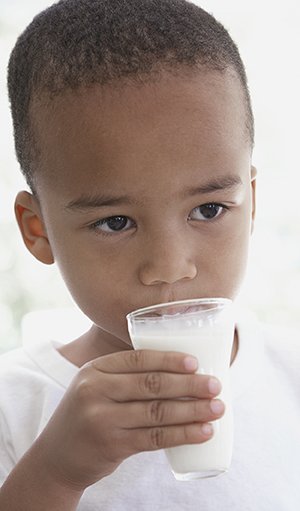Diabetes and Your Child: Low Blood Sugar
Diabetes and Your Child: Low Blood Sugar
Low blood sugar (hypoglycemia) happens when there is too little glucose (sugar) in your child’s blood. It can be caused by skipping meals or snacks, eating too little food, or taking too much insulin or diabetes medicine. A lot of physical activity can also cause low blood sugar, even hours later. In severe cases, low blood sugar can lead to seizures or passing out.
How to recognize a low
Everyone’s symptoms are different. Your child may feel dizzy, weak, hungry, headachy, or shaky. Your child may seem cranky or confused. Severe hypoglycemia can cause seizures. If lows happen very often over time, your child may no longer be able to sense them. Encourage your child to recognize his or her symptoms and tell you about them right away.
What to do
Actions to take include the following:
Stay calm so you can better help your child.
Check your child’s blood sugar to make sure that it is low. If you’re not able to check, treat for low blood sugar anyway.
Give your child 15 to 20 grams of fast-acting sugar such as 3 to 4 glucose tablets, a glass of nonfat milk, or 4 ounces (½ cup) of juice or regular soda. Diet soda will not help at all. Chocolate, cookies, and other fatty sweets will not work as quickly.
If possible, recheck blood sugar in 15 minutes. If it is still low, give your child another 15 to 20 grams of fast-acting sugar.
Once your child’s blood sugar is normal, give your child a snack or meal to eat.
If your child’s blood sugar does not go back up, call your healthcare provider or take your child to the emergency room.
How to prevent low blood sugar
Recommendations to help your child:
Be sure your child eats meals and snacks on time, and eats before exercising.
Have your child carry fast-acting sugar.
Don’t inject insulin near a muscle that’s going to be exercised.
Check your child’s blood sugar often, especially after exercise and at bedtime.
Tips
Other recommendations include the following:
Keep fast-acting sugars handy.
Check blood sugar often, especially after activity and before bed.
Glucagon injections
For severe low blood sugar, or if your child can not tolerate oral glucose because they are vomiting, too sluggish to swallow or unconscious, your child may need a glucagon injection. This is a medicine that mobilizes the glucose already stored in your child's body. Ask your child's healthcare provider about glucagon emergency kits for home and school.
Updated:
March 30, 2018
Reviewed By:
Adler, Liora C., MD,Image reviewed by StayWell art team.,Sather, Rita, RN
